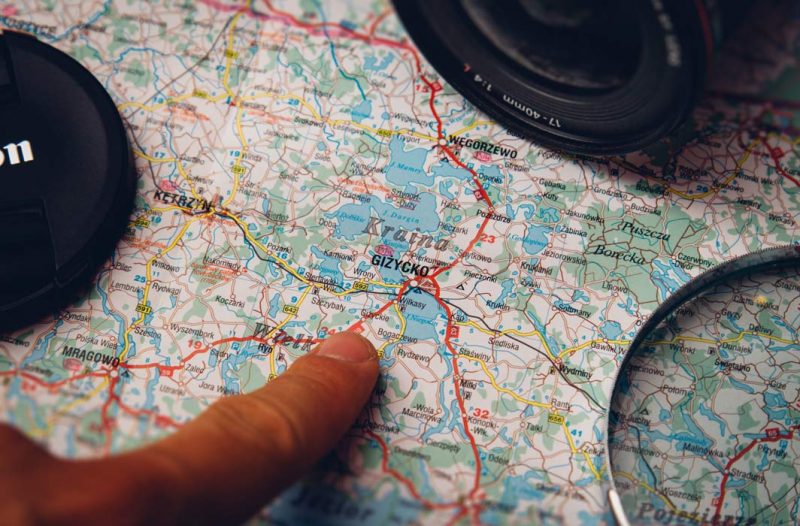My husband and I have always loved travelling and experiencing different cultures. When my son was first diagnosed with food allergies, we vowed that we would not allow food allergies to set limitations for our family. That being said, we’ve had to make many changes to our lifestyle and the way we travel in order to accomodate for food allergies. So far, we’ve taken many memorable trips to Europe, South America and across North America with our son and have learned many things along the way.
Planning a vacation when you live with food allergies can be overwhelming. I recently wrote an article on the Huffington Post as part of HypeFoodie’s Allergy-Friendly Top 10: Travelling Safely With Food Allergies. Here’s a summary on the things you need to consider when travelling with food allergies.
1. Organize your medical details.
Make check the expiry date on your epinephrine autoinjectors and make sure you bring as many as you need with you, as well as any other medication such as asthma puffers and Benadryl.
2. Purchase Travel Insurance
Every insurance company has different policies on pre-existing conditions, stabilization periods and disclosure requirements. Make sure you select an insurance policy that will cover your needs if any emergencies arise.
3. Select an Allergy-Friendly Airline
Ideally you want to fly with an airline that will allow you to board early to wipe down the seating area, make an announcement to all passengers alerting them that someone with a life threatening food allergy is on board, and will alter their snack selection or create a buffer zone if you have an airborne nut allergy.
4. Bring Snacks or Meals To Eat While in Transit
Pack food that doesn’t require heating or refrigeration such as sandwiches, granola bars, roasted chick peas and other high protein snacks.
5. Select Accommodations With a Kitchenette
Having the ability to store and prepare your own food is essential if you’re travelling with food allergies. Find a hotel room that has a kitchenette, or contact the hotel in advance and make arrangements to use a microwave and refrigerator on site.
6. Become Familiar with Medical Facilities in the Area You Will be Visiting
Make sure to familiarize yourself with the names and locations of hospitals in all areas you will be visiting, and take note of local emergency phone numbers, as not all countries use 911 as an emergency number.
7. Learn The Language
Learn the words and proper pronunciation for your allergens in the local language, and consider printing chef cards and carrying them with you.
8. Research Allergy-Friendly Restaurants
Eating at restaurants can be tricky with food allergies, but if you do a little research in advance, you might be able to find allergy-friendly restaurants in the areas you will be visiting or find a local dish that doesn’t contain any of your allergens.
9. Allergy-Friendly Groceries
Do some advance research on locations of grocery stores and markets. When faced with foreign languages and potentially inconsistent labelling practices, your best bet will be to stick to avoid packaged goods and prepare wholefoods from scratch.
10. Bring Staples With You
Pack some safe snacks and other staples like granola bars, rice cakes or nut butter alternatives that you can eat in case you are not able to get to a grocery store right away.
Read the full article on The Huffington Post.
Safe Travels!

